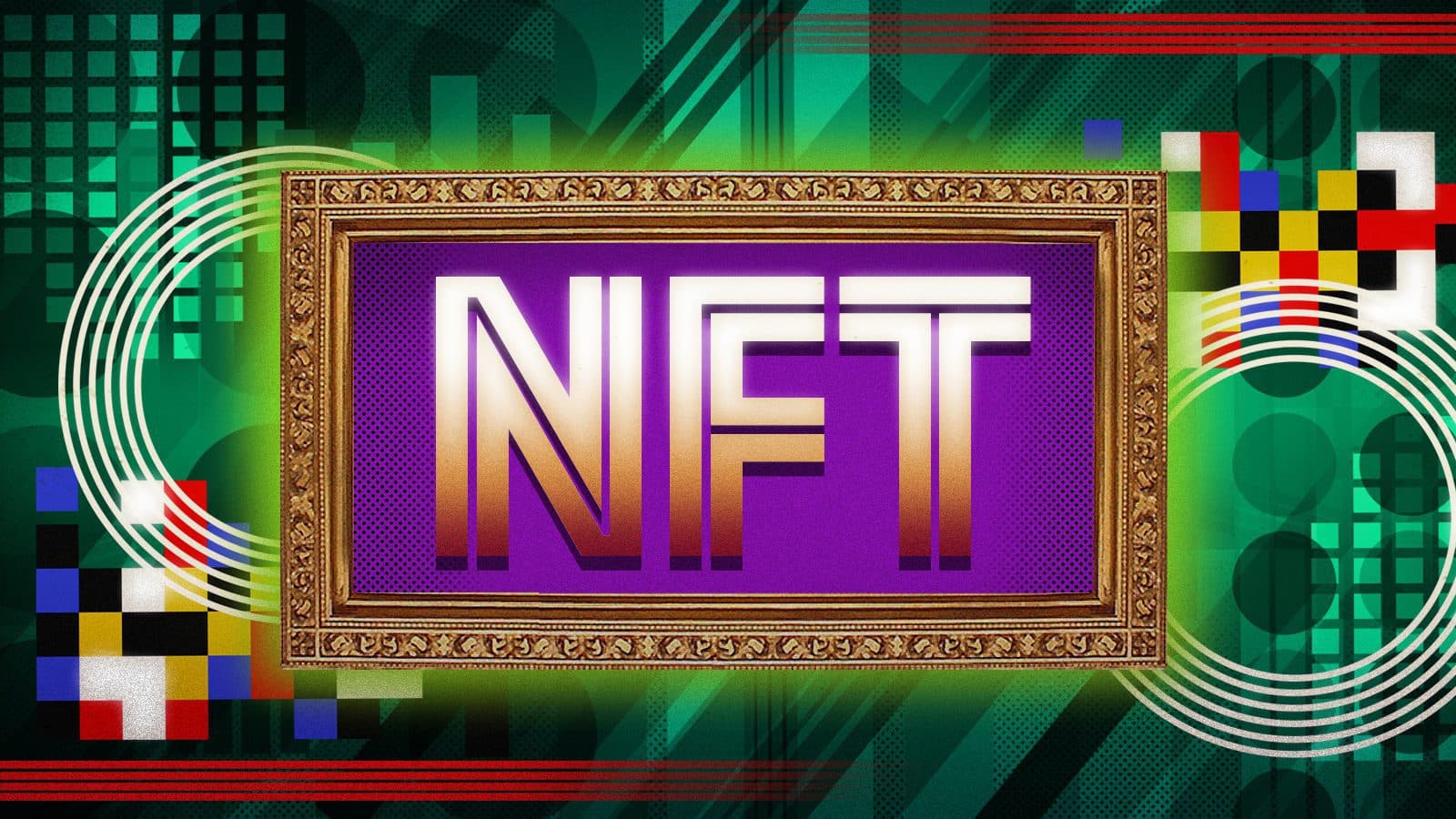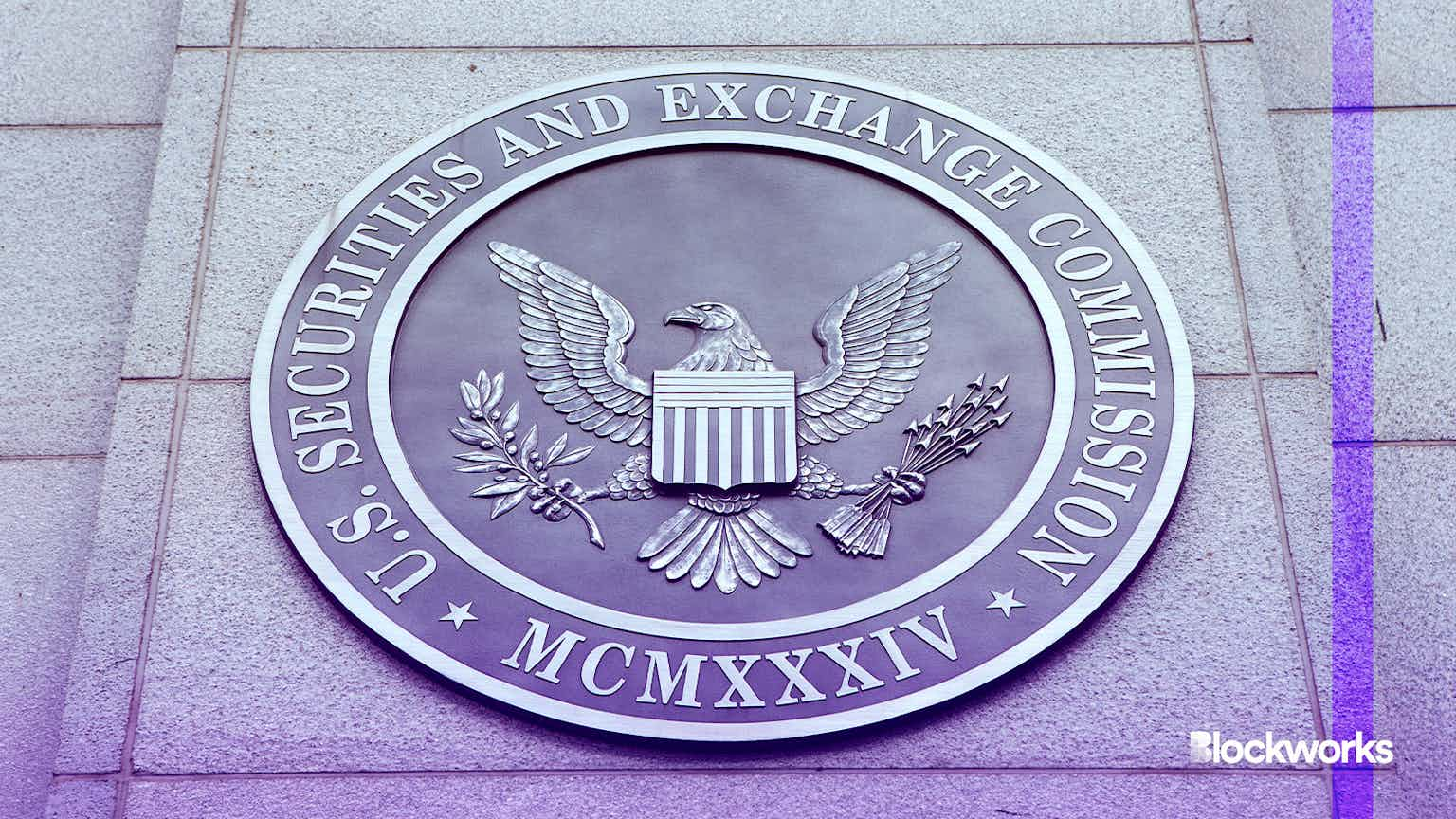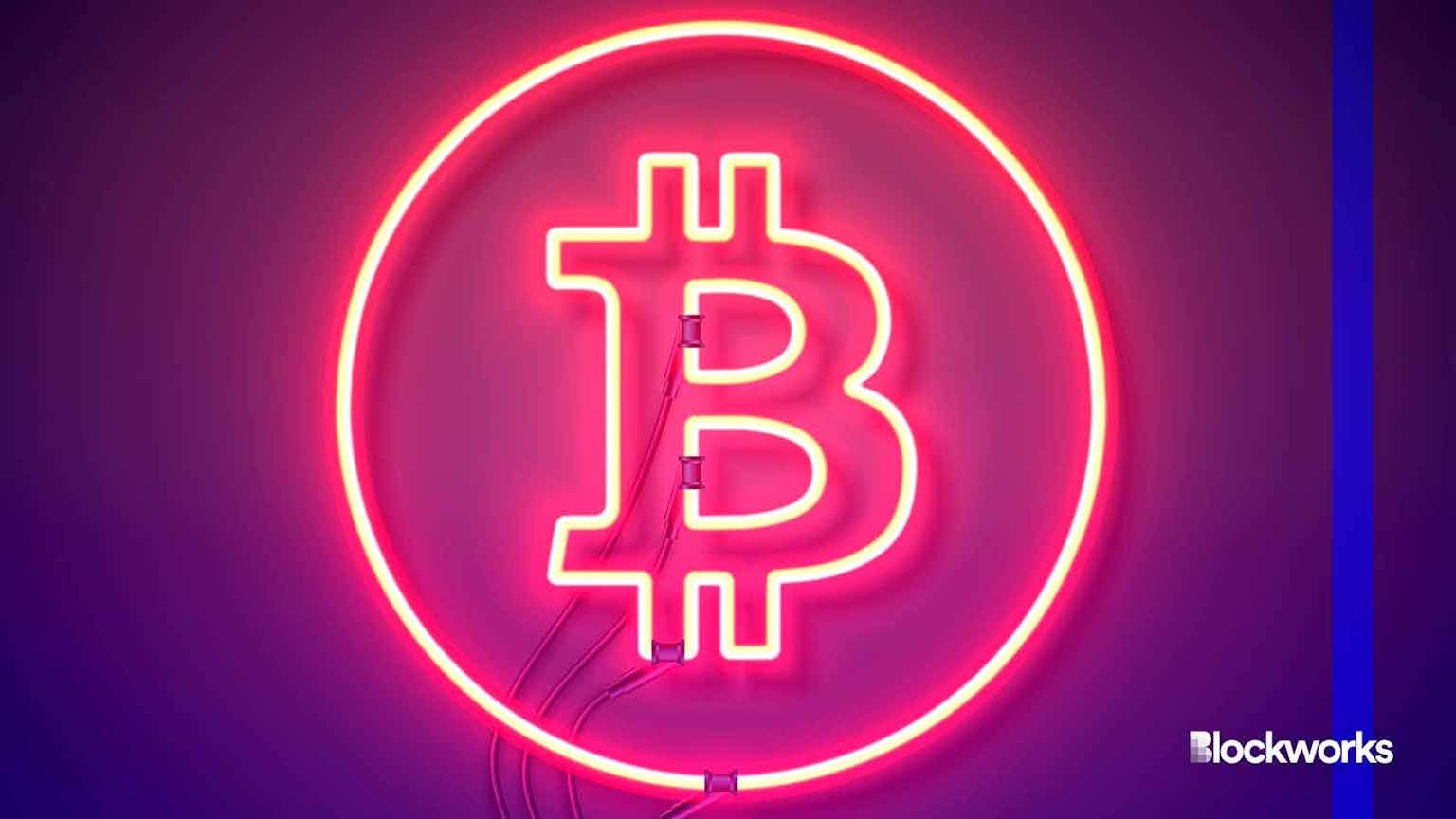NFT Ecosystem To Benefit From Ethereum Proof-of-stake
Post-Merge NFTs should function as usual on marketplaces and within dapps

Blockworks exclusive art by Axel Rangel
key takeaways
- NFT projects and owners can expect no impact on NFTs they own
- ESG component has been primary deterrent for environmentally-conscious brands building on Ethereum
The Ethereum Merge has taken place. It’s goal: to migrate the blockchain from proof-of-work (PoW) over to a more environmentally friendly and theoretically more secure proof-of-stake (PoS). But what does it mean for NFT holders?
The Merge will not increase throughput of the network, and gas prices will likely not go down, but the upgrade may pave the way for lower gas fees via sharding down the line. And NFTs built on Ethereum will not be affected, experts said.
One implication to consider, however, is duplicate NFTs, according to Ankush Agarwal, chief architect of Co:Create.
“The ‘old NFTs’ will be [duplicated on any forked] PoW chain and could cause some confusion if projects are not updated. All major players — Coinbase, OpenSea, LooksRare — have made statements that they will only be supporting the PoS chain, so hopefully the impact will be minimal.”
Proof-of-stake Ethereum changes the NFT energy narrative
As a result of the Merge, the energy consumption on Ethereum drops by 99.9%, which may be impactful for NFTs, as it undercuts a primary narrative espoused by critics of the tokens.
“There’s been an incredible amount of misinformation about the energy consumption of NFTs, but this migration will put even the most vocal critic’s concern to rest,” said Jonathan Victor, head of Web3 and NFTs at Protocol Labs.
Some of those critics include Hollywood stars and game developers in San Francisco who are energy and environmentally conscious, according to Jack O’Holleran, CEO of SKALE labs.
SKALE’s multi-chain network collaborates with brands and artists to mint and manage NFTs on Ethereum. The first question major brands ask is if their technology is energy friendly, mainly because “they care about their optics,” he said.
Ethereum has been widely branded as an ecosystem that is not energy friendly, which has deterred many from building NFT projects on Ethereum and turning to other chains like Solana and Polygon. Nevertheless, Ethereum remains the largest and most popular blockchain for NFTs.
Since most industries are targeting net zero emissions by 2050, the Merge may get ETH substantially closer to this goal.
Victor added that this doesn’t solve every problem for ETH: “If folks want lower gas fees, they’ll still need to use L2s like Optimism or Arbitrum.”
In the meantime, NFT owners should remain cautious about hacks, scams and suspicious links that request to migrate any crypto or NFTs.
Start your day with top crypto insights from David Canellis and Katherine Ross. Subscribe to the Empire newsletter.





